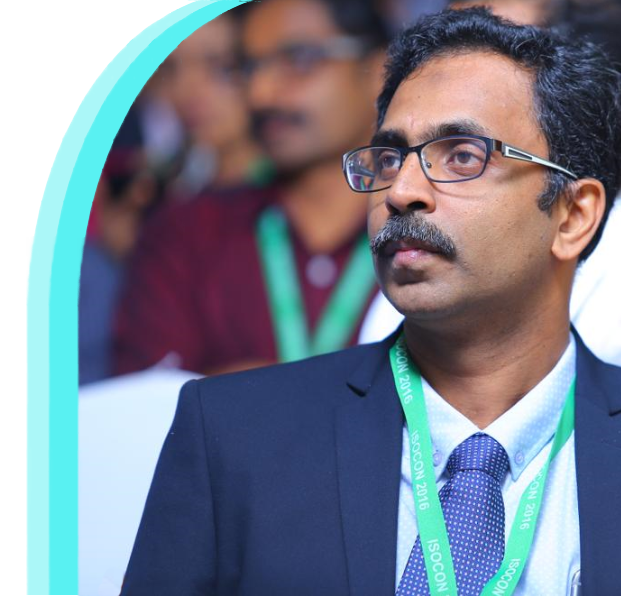

We have all Advances ENT treatment facilities
Video laryngoscopy is a form of indirect laryngoscopy in which the clinician does not directly view the larynx. Instead, visualization of the larynx is performed with a fiberoptic or digital laryngoscope inserted transnasally or transorally
Nasal endoscopy is a procedure to look at the nasal and sinus passages. It’s done with an endoscope. This is a thin tube with a tiny camera and a light. An ear, nose, and throat doctor (otolaryngologist) can do it.
Pure tone audiometry (PTA) is the key hearing test used to identify hearing threshold levels of an individual, enabling determination of the degree, type and configuration of a hearing loss and thus providing a basis for diagnosis and management. PTA is a subjective, behavioral measurement of a hearing threshold, as it relies on patient responses to pure tone stimuli
The primary purpose of impedance audiometry is to determine the status of the tympanic membrane and middle ear via tympanometry. The secondary purpose of this test is to evaluate acoustic reflex pathways, which include cranial nerves (CN) VII and VIII and the auditory brainstem
A person with hearing loss which cannot be surgically or medically corrected is rehabilitated with amplification devices. Hearing aids are amplification devices which serve to amplify the acoustic signal to a level which is audible to the hearing-impaired listener.
Auditory brainstem response (ABR) audiometry is a neurologic test of auditory brainstem function in response to auditory (click) stimuli. First described by Jewett and Williston in 1971, ABR audiometry is the most common application of auditory evoked responses.
Otoacoustic emissions (OAEs) are sounds of cochlear origin, which can be recorded by a microphone fitted into the ear canal. They are caused by the motion of the cochlea's sensory hair cells as they energetically respond to auditory stimulation
Hearing plays a key part in learning to talk. Without speech and hearing it is difficult for interpersonal relationships to develop and thrive. In earlier times children who did not react to acoustic stimuli and were able neither to understand speech nor to acquire it spontaneously encountered severe discrimination, being dismissed as simple-minded or worse. As late as 1950, the standard policy was to wait until a hearing-impaired child had learned to speak proficiently before prescribing an individually designed hearing aid.
In short, pediatric audiologists are professionals who examine children for hearing loss and related issues. They perform hearing tests and evaluations to determine the presence, extent, and reason for hearing loss in babies, toddlers, children, and teens.
Speech therapy is an intervention service that focuses on improving a child's speech and abilities to understand and express language, including nonverbal language